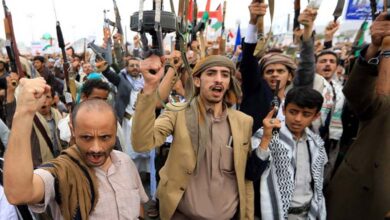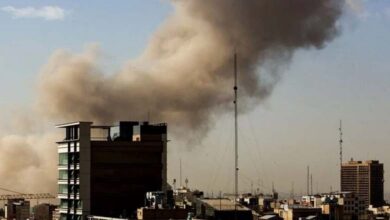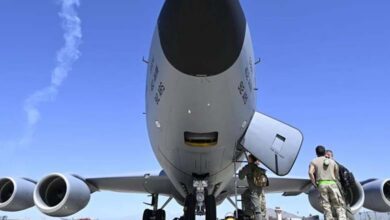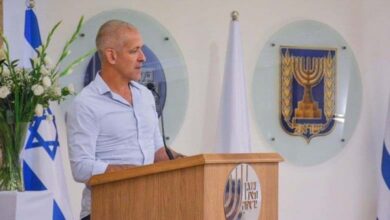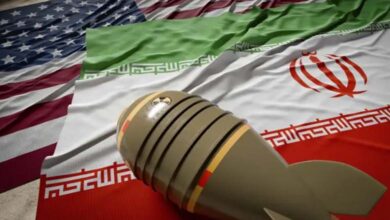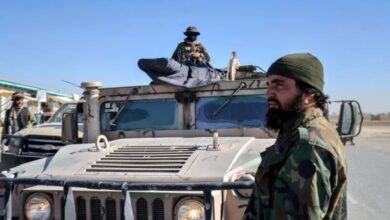China and Russia oppose an American proposal to establish a stabilization force in Gaza
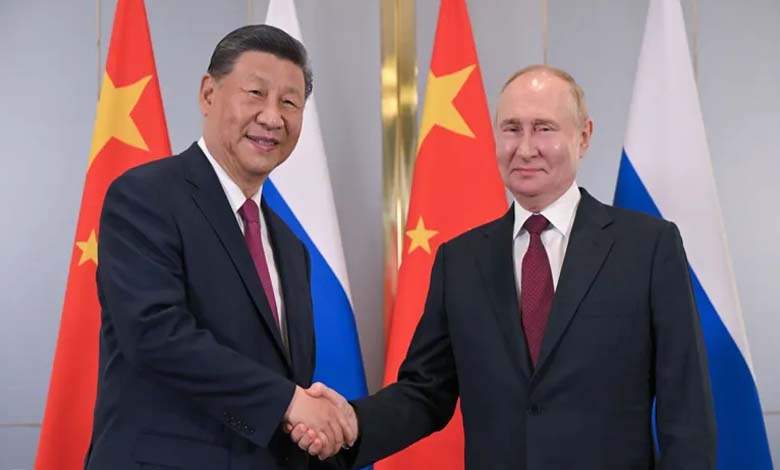
Arab states have voiced concerns about the absence of any role for the Palestinian Authority in administering Gaza under the U.S. proposal.
Diplomatic sources at the United Nations stated that the American draft resolution regarding the planned international stabilization force in the Gaza Strip faces opposition from Russia, China, and several Arab countries, amid indications of a deadlock over moving to the second stage of Trump’s peace plan.
-
Secret report reveals Erdogan family foundation training agents to target India, Russia and China
-
Trump’s threat to Nigeria: turmoil at the Pentagon and a reshuffling of priorities
According to the Associated Press, which cited four UN diplomats speaking on condition of anonymity, unnamed Arab states expressed their concern over the complete exclusion of the Palestinian Authority from the administration of Gaza, as the U.S. proposal did not assign it any role.
The diplomats added that Russia and China, both permanent members of the Security Council with veto power, demanded the removal of the Peace Council referenced in the U.S. draft resolution.
According to previous statements by U.S. President Donald Trump, the “Peace Council” included in his plan for Gaza would serve as the highest authority responsible for managing the territory’s affairs. It would be chaired by Trump and include other heads of state to be announced later.
-
The Airport Meeting: Why Trump and Xi Chose the Runway Instead of Palaces
-
The Russian Harmony system: A secret ploy to shield nuclear submarines
Associated Press reported that the latest version of the American draft resolution, released Wednesday evening, retained the clause concerning the Peace Council but added broader commitments to the Palestinians’ right to self-determination.
Last week, U.S. media outlets reported that the Trump administration had submitted to Security Council members a draft resolution detailing the nature and mission of an international force expected to operate in Gaza for at least two years.
This international force is one of the pillars of Trump’s plan, which underpins the ceasefire agreement in effect between Israel and Hamas since October 10.
-
The world’s first autonomous fighter: a technological leap and an ethical dilemma
-
Sharp Sword: China makes history with the first unmanned stealth fighter squadron
The draft resolution is expected to be put to a vote in the coming weeks with the aim of entering into force and deploying the first units to Gaza by next January.
Last week, U.S. media outlets, including Axios, stated that the international force would be an “executive” force rather than a traditional “peacekeeping” mission. It would include troops from several countries tasked with securing Gaza’s borders with Israel and Egypt, protecting civilians and humanitarian corridors, and training a new Palestinian police force.
The proposal also assigns the force the responsibility of destroying military infrastructure in Gaza, disarming Palestinian factions, and ensuring the territory remains free of weapons, including disarming the al-Qassam Brigades, Hamas’s military wing, should voluntary disarmament not occur.
-
Russian Ship Without Radar off Danish Coast: Technical Failure or Military Tactic?
-
Massive Russian Attack on Ukraine and NATO Alert in Poland
According to Associated Press, while some reservations are part of typical negotiations within the Security Council, the objections highlight the depth of the divide between Washington and several Council members after more than two years of war in the Gaza Strip.
Egyptian Foreign Minister Badr Abdelatty stressed in an interview with the Turkish channel HaberTürk the importance of ensuring that the international force to be deployed under the ceasefire agreement operates as part of a peacekeeping mission in order to be “practical and implementable.”
-
Through the Army… China Outlines Its Vision for a Fairer World Order
-
Sovereignty dispute in Scarborough: a new diplomatic confrontation between the U.S. and China
He explained that the force should be integrated into a peacekeeping mission, with its primary tasks being monitoring the ceasefire on the ground, training Palestinian police forces, and developing their capabilities. It could also be responsible for securing borders and crossings, which he described as essential.
He added that the force must enter the Gaza Strip with Palestinian approval, warning that otherwise it may be regarded as an occupying force.
Regarding the countries that would contribute to the international force, the minister noted that no decision has yet been made and that participation would be voluntary. Discussions remain ongoing to determine the contributing countries, the size of the force, and the operational framework. He added that several Islamic and European countries have expressed willingness to take part in the mission.




